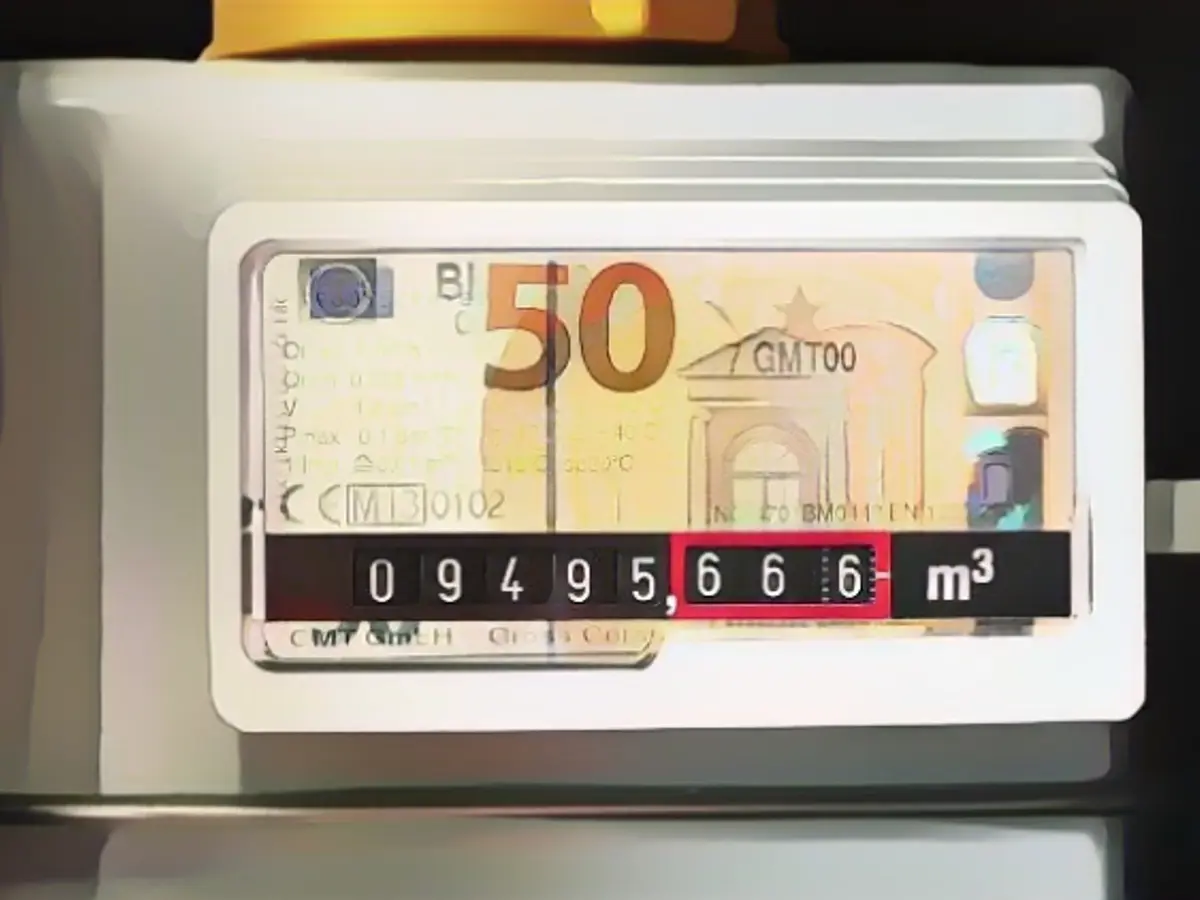Extended price brakes hardly bring any relief
The energy price brakes will be extended until the end of March 2024. However, the relief for most consumers will be minimal. Only those who are still on expensive basic supply tariffs will be able to save. And even they should urgently switch tariffs.
The good news is that electricity and gas prices have fallen again since last winter. Also thanks to the corresponding price brakes. And these will remain in place for citizens until March 31, 2024, as the Bundestag has now decided. In this way, the state has been officially helping its citizens since March 2023 to cope with the exorbitant energy costs at the time. These measures applied retroactively for January and February. The energy price brakes cap 80 percent of the previous year's consumption at the energy price - 12 cents for gas and 40 cents for electricity, both per kilowatt hour. Consumption in excess of this will be billed at the energy price of the current gas or electricity tariff.
However, the comparison portal Verivox has come to the conclusion that the extension of the price brakes for electricity and gas until the end of March 2024 will only slightly reduce the burden on households in Germany, according to an analysis. Electricity costs will barely fall by 0.3 percent on average, while gas will become 1.1 percent cheaper. The average electricity costs would thus fall from 1457 euros to 1452 euros per year. This corresponds to a reduction of 5 euros.
Prices for new customers are far below the price thresholds
The price brake mainly applies to basic supply tariffs, as tariffs for new customers are already below the state price cap across the board and do not require state subsidies. If only the local basic supply tariffs are considered, the relief provided by the electricity price brake is somewhat higher. Here, electricity costs fall from an average of €1841 to €1821. This corresponds to a reduction of 1.1 percent or 20 euros.
The average gas costs for 20,000 kilowatt hours would fall by 27 euros from 2420 euros to 2393 euros as a result of the extension of the gas price brake until the end of March. This corresponds to a reduction of 1.1 percent - if the reduced VAT rate applied until the end of March. As a result of the abolition of the reduced VAT rate from the end of February, the annual gas costs will be EUR 2411. This reduces the annual relief to 9 euros or 0.4 percent. Only households that are still supplied with the expensive basic gas supply would benefit. Here the annual costs would fall by 80 euros from 3066 euros to 2986 euros.
This is because the prices for new customers are far below this price threshold. A kilowatt hour of electricity on the cheapest available tariff with recommendable conditions currently costs an average of 27 cents, while gas costs around 9 cents per kilowatt hour. Depending on consumption, households can therefore save several hundred euros a year by switching from the local basic supply. It is possible to switch from the basic supply at any time with 14 days' notice, and the new energy supplier will take care of deregistration with the previous supplier.
Conclusion: Only households that are still on expensive tariffs will benefit from the extension of the energy price brakes. However, they could save considerably more if they choose a cheaper electricity and/or gas tariff. According to Verivox, anyone currently paying more than 12 cents per kilowatt hour for gas and more than 40 cents per kilowatt hour for electricity, which are the caps for the price brakes, should definitely switch tariffs.
- An advisor suggested that households currently paying more than 12 cents per kilowatt hour for gas and more than 40 cents for electricity should switch to cheaper tariffs to save significantly.
- The extended energy price brakes will reduce heating costs for households on expensive basic supply tariffs, but they should still consider switching to cheaper tariffs offered by alternative energy suppliers.
- The relief provided by the extended gas price brake will only amount to 9 euros annually for households with average consumption, as the reduced VAT rate will no longer apply after February.
- Switching from expensive basic supply tariffs to cheaper ones could result in significant savings for households, with electricity costing around 27 cents and gas costing around 9 cents per kilowatt hour on some recommendable tariffs.
- Landlords may want to consider switching to cheaper energy supply contracts to reduce their heating costs and pass on the savings to their apartment tenants, as energy prices continue to impact many households in Germany.
Source: www.ntv.de







